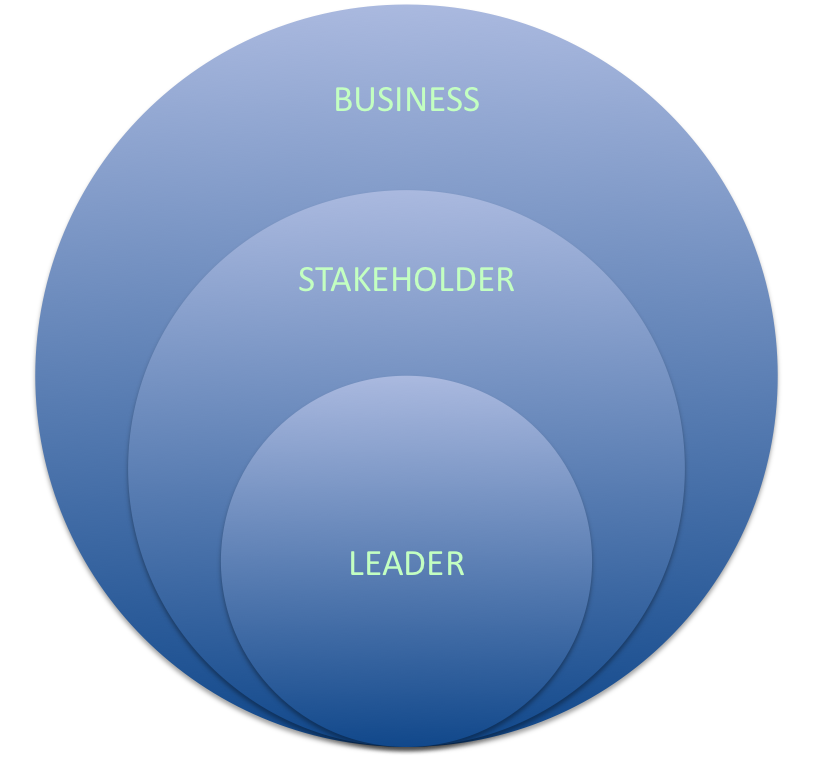The Point: The performance of a leader can be greatly enhanced with executive coaching. It’s just not the “practice” in and of itself of executive coaching, it’s the “perfect practice” that’s required in order to increase effectiveness and results. The Tip of the Spear Ventures’ Centered Executive Coaching methodology is based on proven leadership qualities and targeted results of the leader/business.
So what are these essential qualities of Executive Coaching (or the Tip of the Spear Ventures’ version titled “Centered Executive Coaching”)? Here are four (4) key qualities that if you’re investigating a coaching leadership development program you’ll want to insure are incorporated:
- Leaders Lead
We’ve seen time and again that successful leaders lead. In other words, they not only come up with the mission direction for the organization, but lead the organization themselves by taking the initial first-steps. While leaders who don’t take such “lead by example” moments can sometimes find themselves out in front of an initiative, one of the principles of Centered Executive Coaching consists of target (goal) identification as well as action plan creation. It’s in this action plan creation that the leader is put into play as the main character!
- Empathy
Empathy has been defined as the intellectual identification with or vicarious experiencing feelings, thoughts or attitudes of another. This is self-explanatory in the sense that a leader has to put themselves in the shoes of their clients if they are to understand the client’s problem. From that perspective, they can put in place appropriate methodologies to combat the client’s behavior that negatively impacts on their performance.
- Ethical Nature of Professionalism
A good executive coach has a set standard of ethics to follow. There are those “do’s” and “dont’s” that they should follow religiously (NOTE: All Tip of the Spear Centered Executive Coaches subscribe to the International Coach Federation’s Code of Ethics (CLICK HERE to review the ICF’s Code). This is because ethics is one of the cardinal rules of all the professionals, especially those offering coaching services. Therefore, it is a case of preaching water and drinking water, not the other way round. Any demonstration of a lack of ethics and personal responsibility is unacceptable.
- Ability to Put Ideas into Action
They say that you should be able to put the ideas that you theoretically teach or come up with into action. Leading by example is the phrase. When a leader does this, they will be able to show their constituents that what they teach is not only theoretical, but practical as well. In that case, they serve as inspiration to the clients, which serve as an efficient way of turning around their behavior for the purposes of positively influencing their businesses.
SUMMARY
From the discussion, we’ve illustrated that certain qualities are indispensable when it comes to good Centered Executive Coaching interactions. Leaders and executive coaches have to display qualities such as being ethical, having empathy and being good leaders themselves in order to produce good leaders through leadership development.
So which other qualities do you think a good leader/coach should possess in order to achieve the objectives of Centered Executive Coaching?


